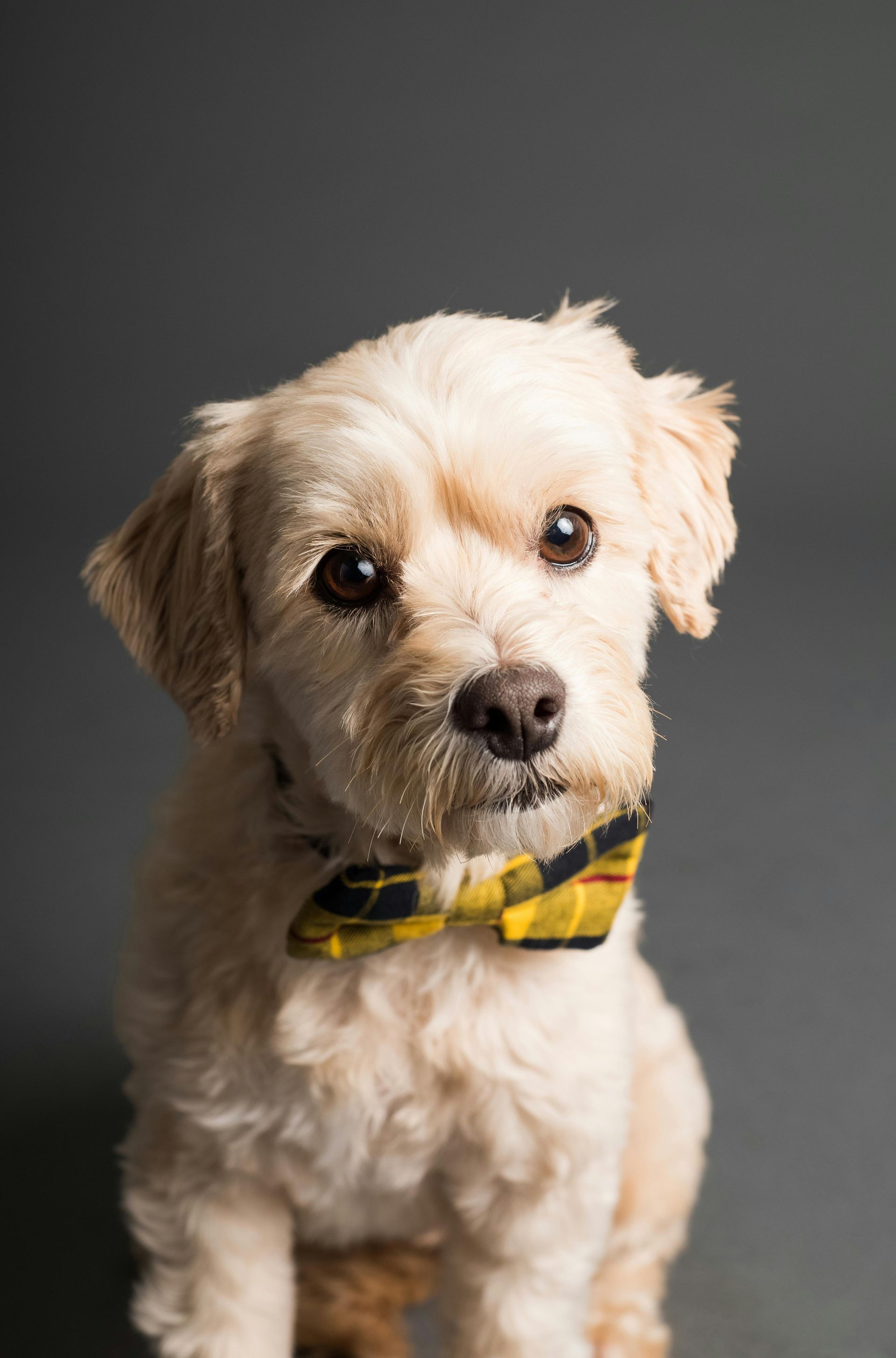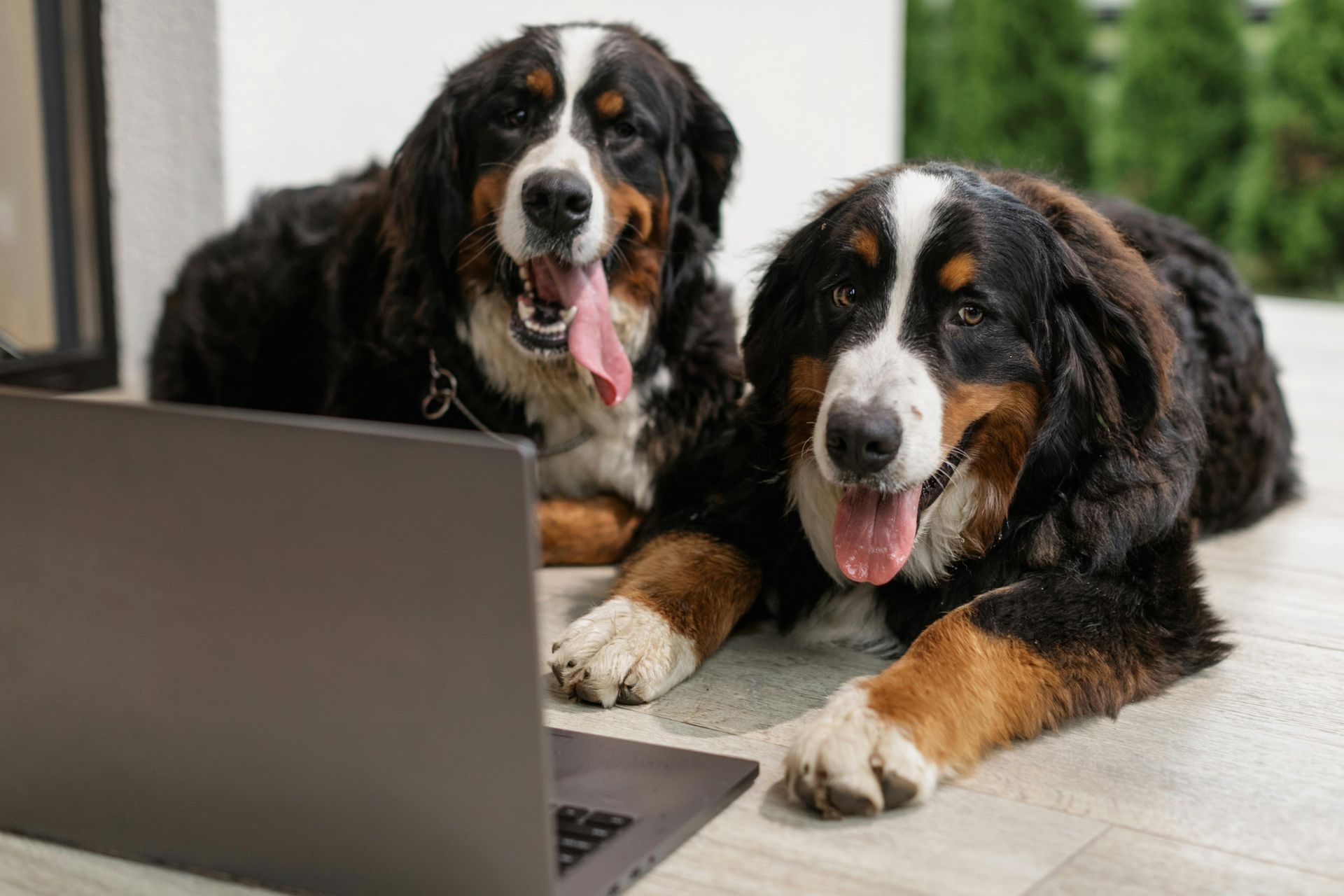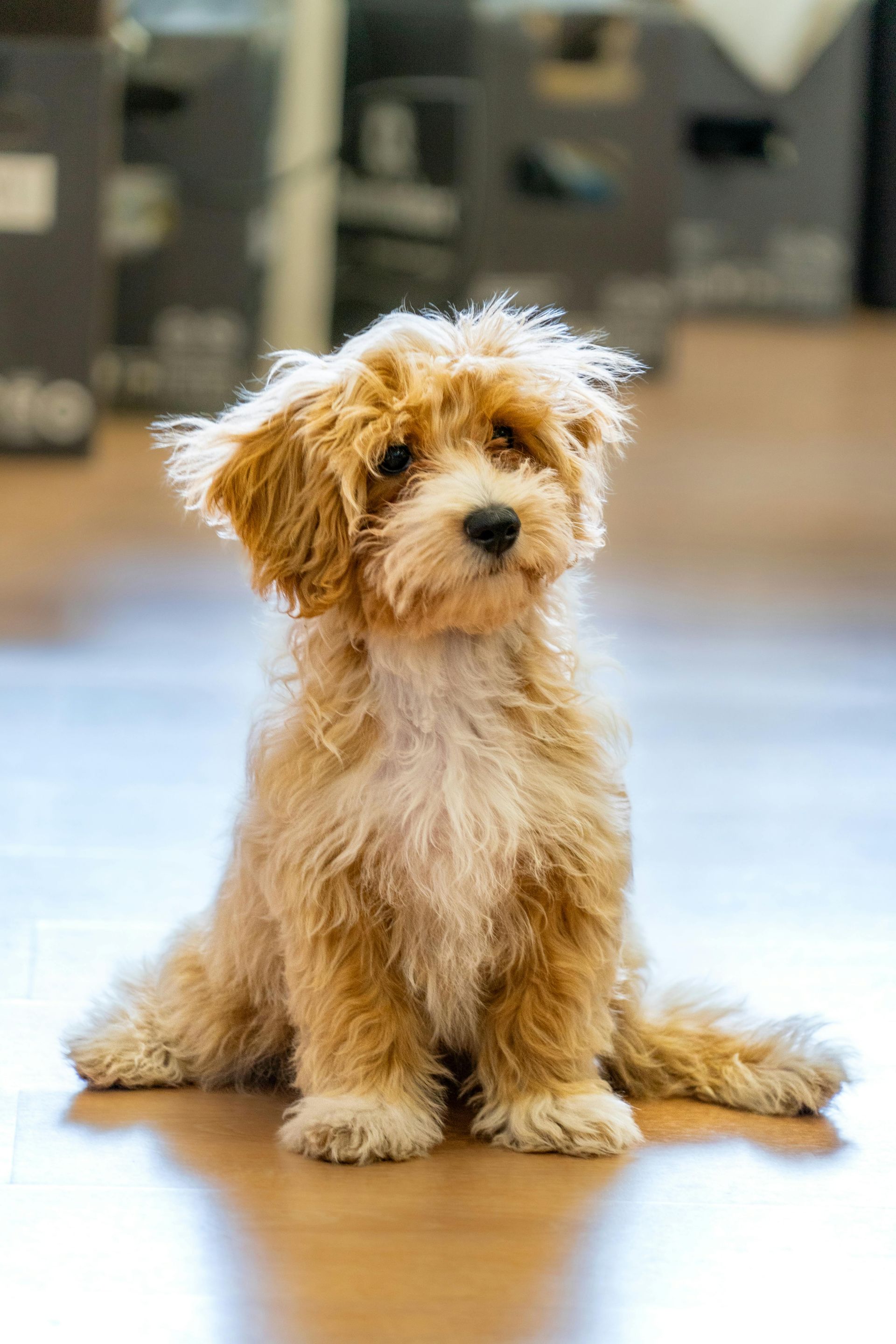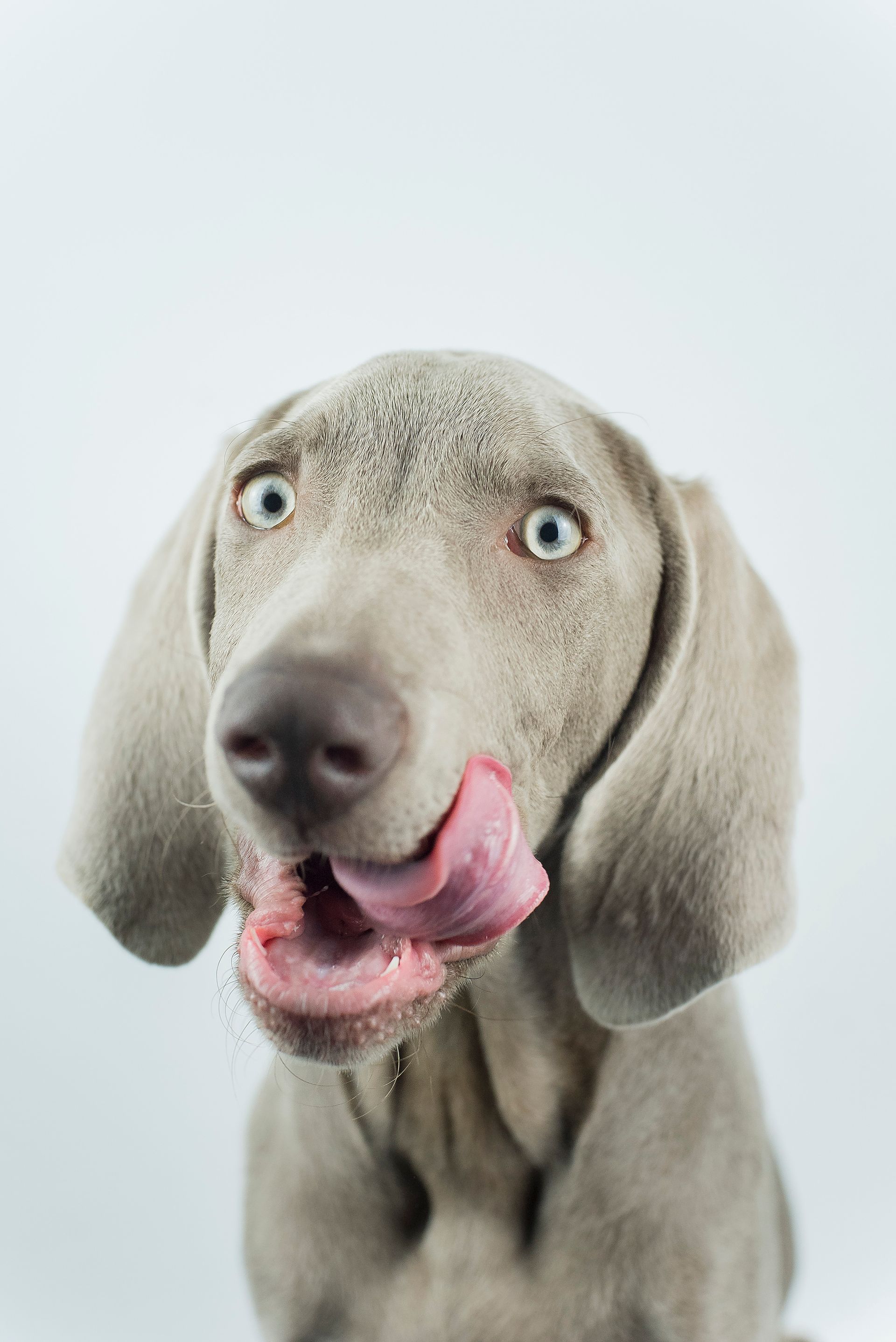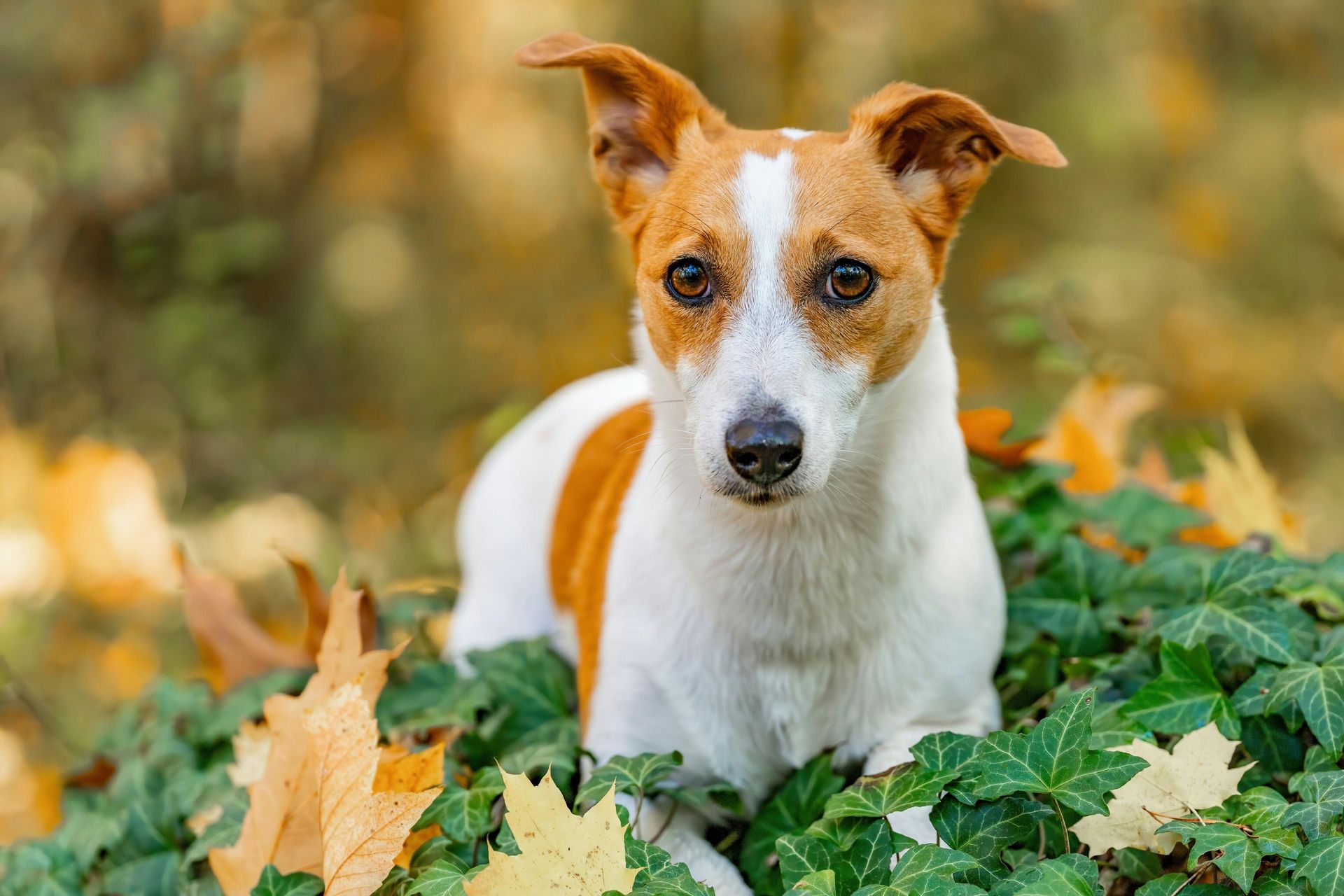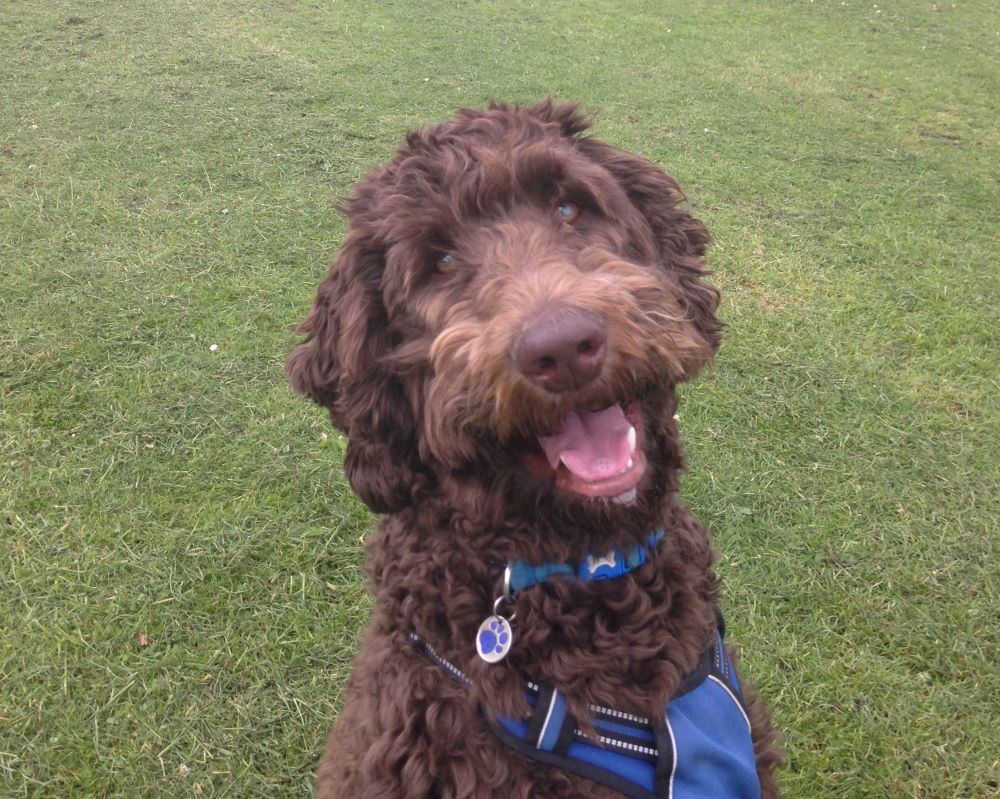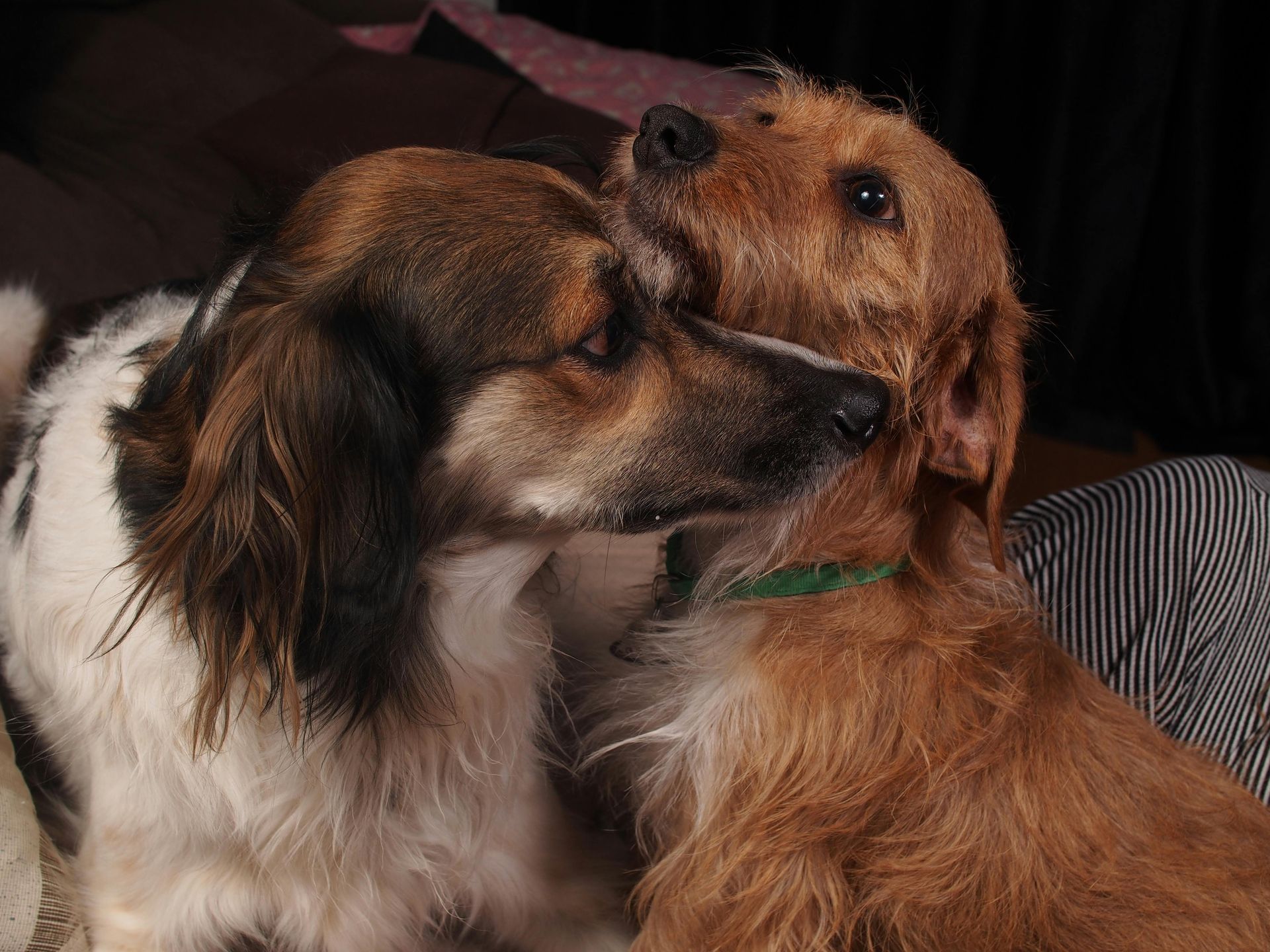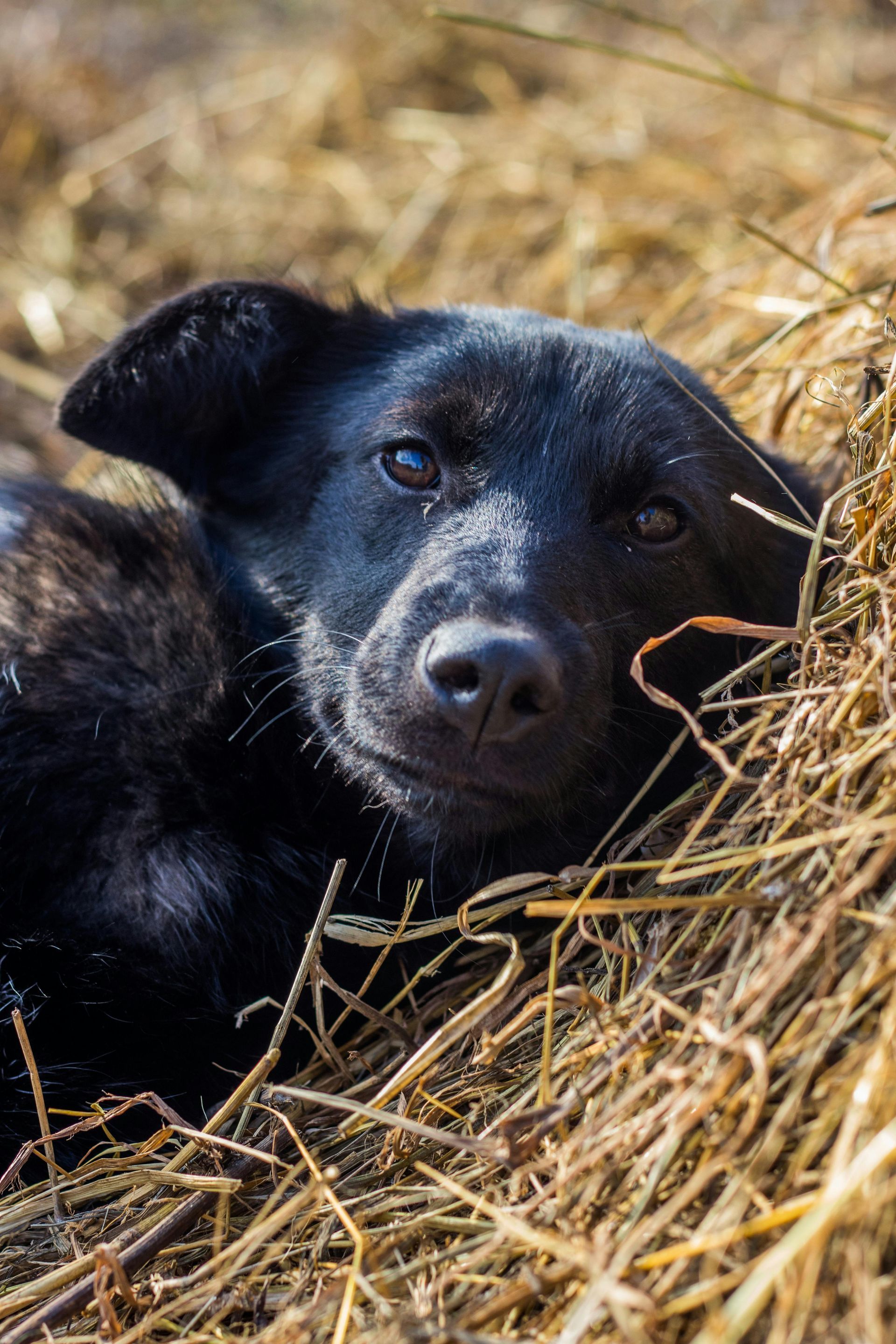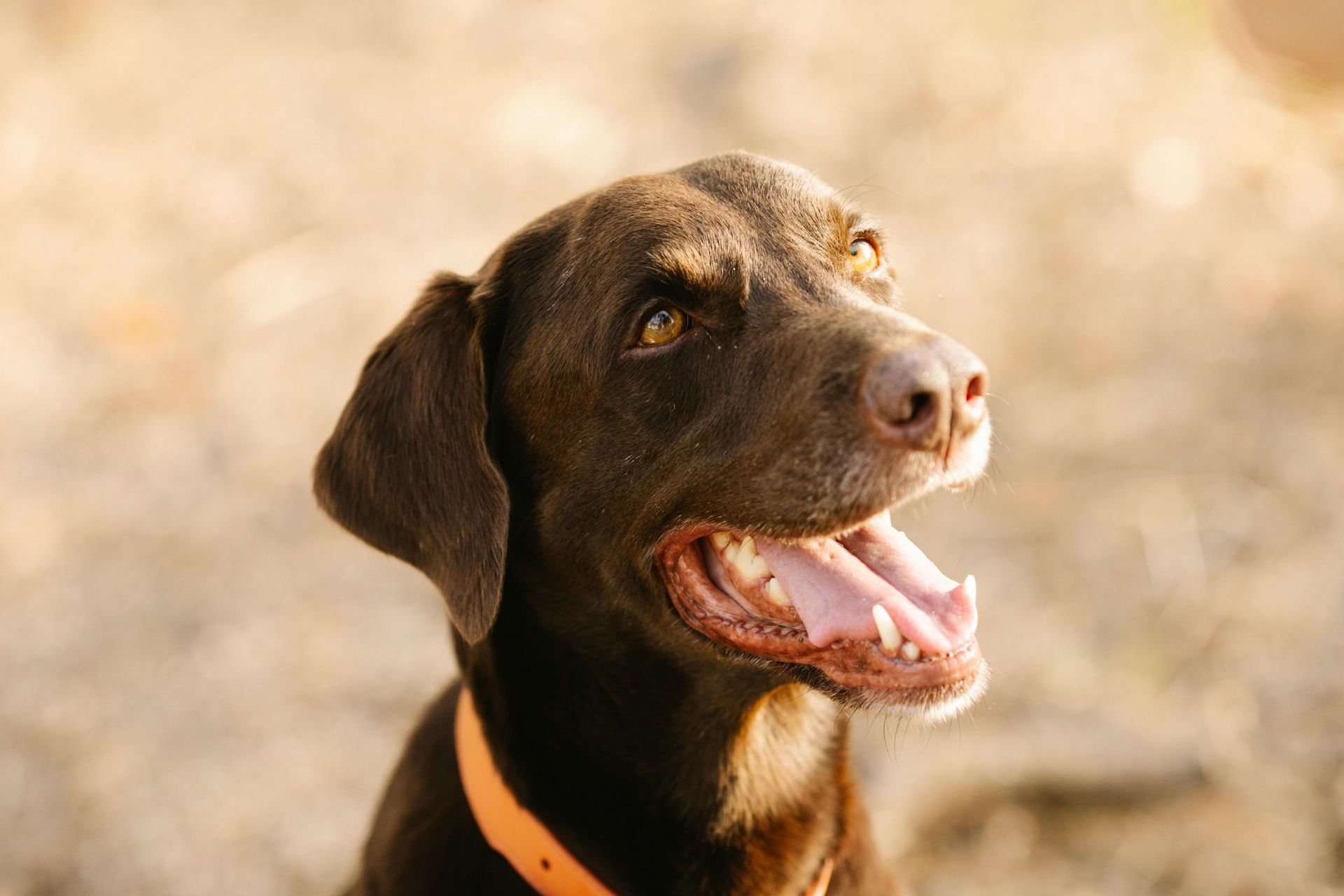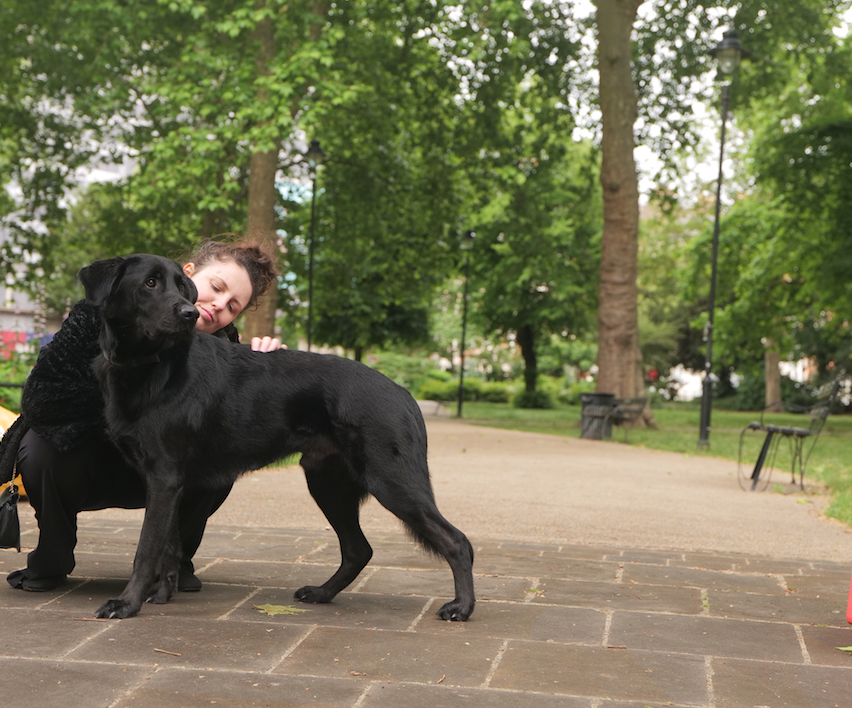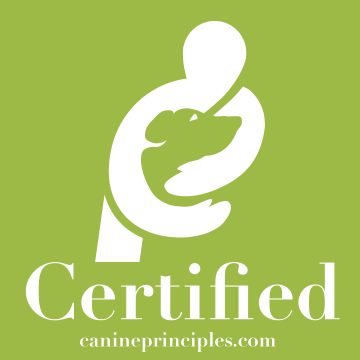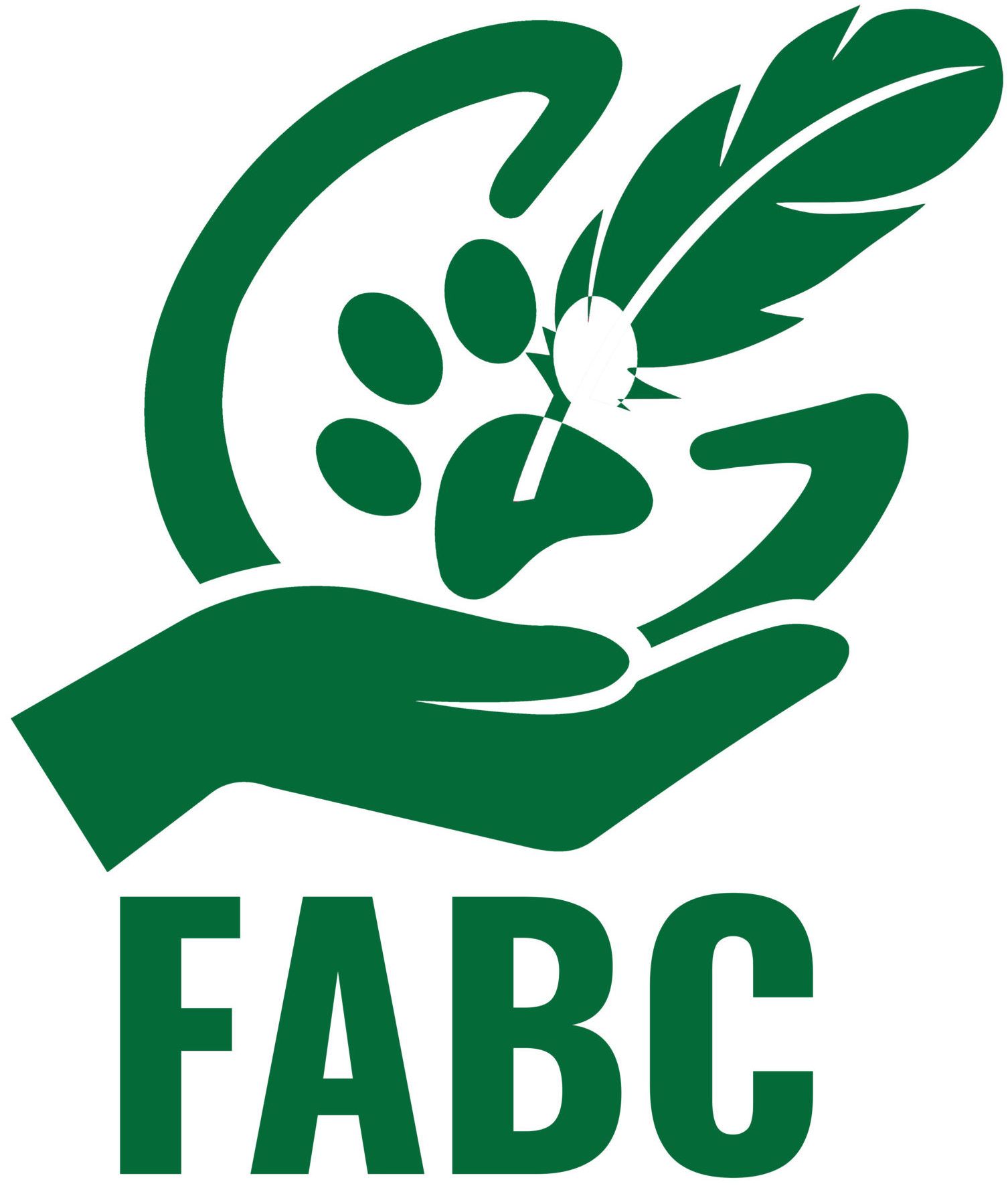Helping puppies to cope with being left alone
Dogs are pack animals and from an evolutionary perspective it is not natural for a dog to be left alone. To help them cope with being left we need to help them have these experiences. This needs to be done in stages. Ignoring your dog when they are not coping is likely to make them more stressed. It’s important you can still hear your dog so you can see them if they need you.
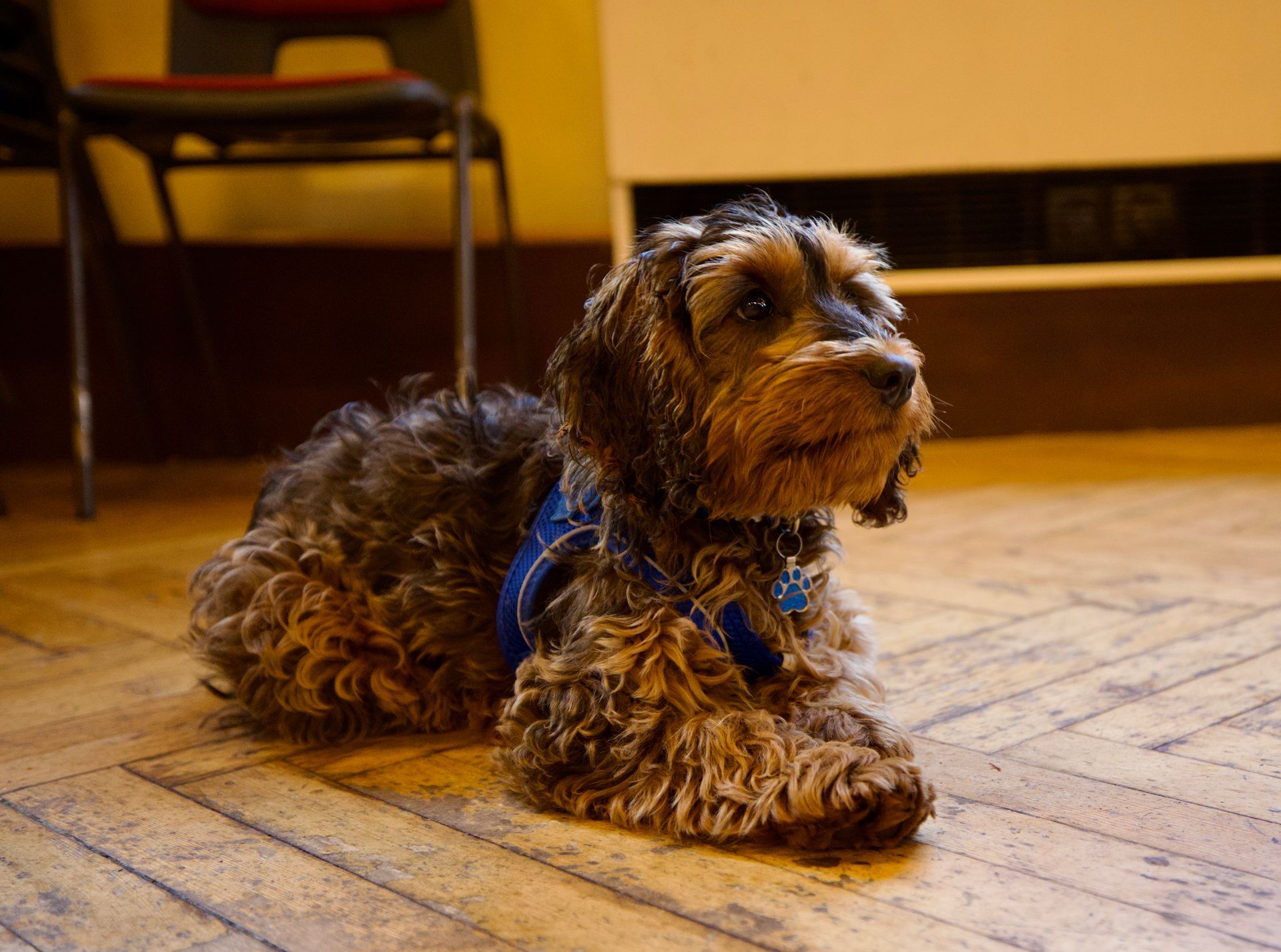
Dogs are pack animals and from an evolutionary perspective it is not natural for a dog to be left alone. To help them cope with being left we need to help them have these experiences. This needs to be done in stages. Ignoring your dog when they are not coping is likely to make them more stressed. It’s important you can still hear your dog so you can see them if they need you.
What are separation related problems?
They are specific behaviours such as barking, howling, destruction or urinating or defecating. They have an emotion which could be fear anxiety frustration or panic. They occur when an owner is not in the same room as the pet or if they have left the house. Other signs can include salivation, trembling and pacing – therefore setting up a camera is sensible as these signs are not likely to be obvious.
The socialisation period
If new things are introduced in the 12 – 16 week period they can be more fearful if the new stimulus had been presented weeks before . The critical socialisation period is thought to be between 3-12 weeks. At age 3-5 weeks this is thought to be the period where there is parasympathetic dominance so puppies explore a lot and are interested in novel situations (this is worth speaking to the breeder about).
This training needs to be repeated. Sometimes there is changes that affect the dog, despite the best intentions and behaviour modification is sometimes needed.
How can you prevent them?
Allowing a puppy to have alone time and independent behaviour is important. However, you must always work within their limits (they will need regular toilet breaks) and alone time should be built up in stages.
Creating a chew toy obsession is sensible (but don’t only give it to them when you leave as this will become a predictive cue).
Have a settle spot where your puppy can relax.
Puppy proof your home so they can explore without you being available all the time.
Not allowing them to follow you everywhere and have time away from you (not directly on your feet is important).
Have a stimulating environment for your dog. Quite often our homes may be a bit barren (but look lovely!). Chew toys, snuffle mat’s and puzzle feeders can help keep a dog mentally occupied so they don’t look for their own fun!
Expose your puppy to lots of novelty and change so they are mentally prepared for different experiences. This will help them be emotionally resilient.
Anxiety
Panic behaviours can occur in different situations. Coming home and finding a dog has toileted or destroyed something is not an attack on you – it is an emotion that they are feeling. Verbal punishment should not be used and will not help – it is likely to make it worse.
If you are experiencing separation related problems with your dog then reach out for help.
